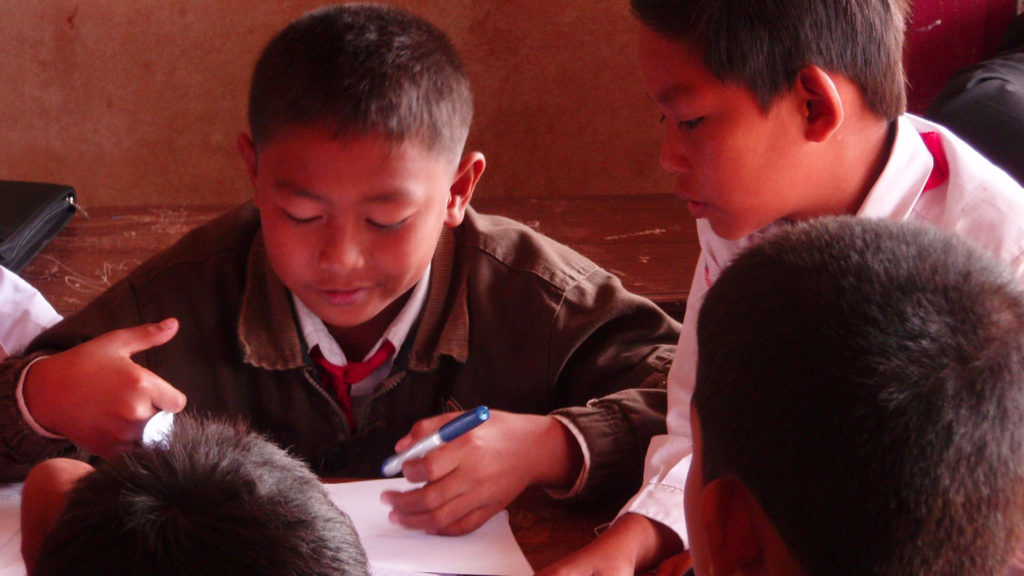TABOOS AROUND MENSTRUATION

According to Wikipedia, “Menstruation (also known as a period and many other colloquial terms) is the regular discharge of blood and mucosal tissue from the inner lining of the uterus through the vagina”. Menstruation is a phenomenon unique to girls. However, it has always been associated with shame, stigma and surrounded by taboos and myths that have an impact on girls’ and women’s emotional state, mental health, lifestyle, education and most importantly, health.
Such TABOOS include but not limited to:
1. Women are impure, dirty, or sinful while they’re menstruating. (Suneela and Tanu, 2015).
2. According to Friends of UNFPA (2021), Menstruating women are unclean and that they bring bad luck.
3. Menstruating women are not allowed to touch certain foods as it is believed that they will go bad. (Friends of UNFPA, 2021).
4. Menstruating women are not allowed to walk through agricultural fields in fear that the crops will wilt or die. (Kavya, 2019).
5. Menstruating women are advised not to wash their vaginal region during menses because it is believed to cause infertility. (Kavya, 2019).
6. According to United Nations Children’s Emergency Fund (UNICEF), disposal of menstrual pads and other garbage can lead to sickness or cancer. In some communities, it is believed that the use of tampons and menstrual cups lead to loss of virginity.
However, there are strategies or approaches to improve the status of women and to tackle this problem as highlighted below:
1. Increased awareness among adolescent girls related to menstrual health and hygiene (MHH) management.
2. Increased community-based health education campaigns.
3. Empowerment of women through education and increasing their role in decision-making.
4. Convenience Facilities should have provisions of sanitary napkins and adequate facilities for sanitation and washing.
5. Affordable sanitary towels can be locally made and distributed to girls and women in rural communities.
CFHI in a bid to overcome the challenges surrounding menstruation and menstrual hygiene practices, partners with several local and international bodies in supporting students and households in hard-to-reach communities with water provision, water storage facilities, sanitation and toilets, sanitary pads – and also sensitizing these communities on Water, Sanitation and Health (WASH) and the importance of education for a girl child.
Speak Wednesday is an initiative of the Centre for Family Health Initiative (CFHI) to address issues around gender-based violence and gender bias. Join us every Wednesday on all our social media platforms for more interesting episodes.
Share this:
- Click to share on Twitter (Opens in new window)
- Click to share on Facebook (Opens in new window)
- Click to share on Telegram (Opens in new window)
- Click to share on WhatsApp (Opens in new window)
- Click to share on Pinterest (Opens in new window)
- Click to share on LinkedIn (Opens in new window)
- Click to email a link to a friend (Opens in new window)

